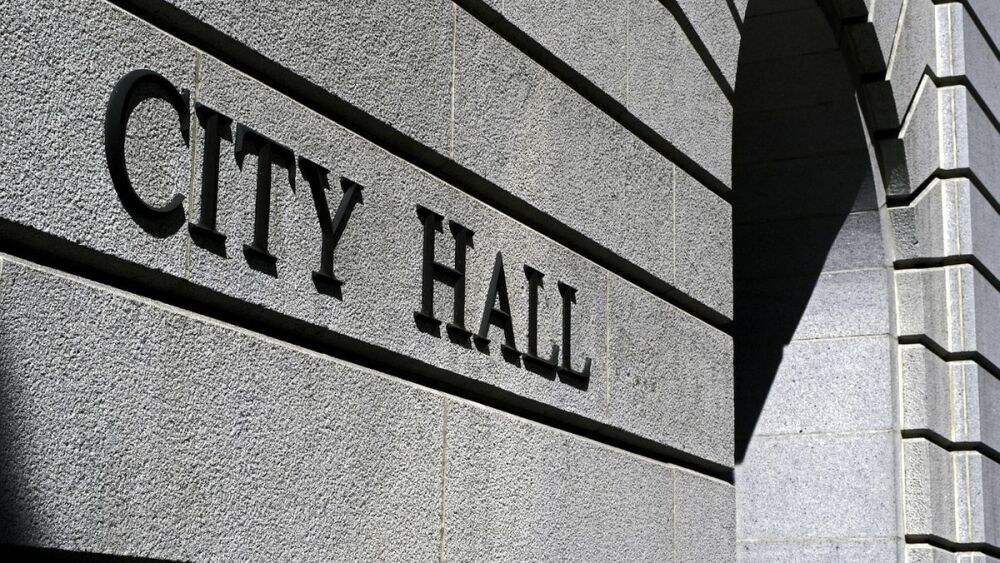Stockholm
By Maria Sanchez Diez
Quartz
Stockholm is scrapping its cars. At least, for a day. The Swedish capital plans to block the use of motorized vehicles in the city center for one day on Sept. 19, as a way to help citizens envision life in the city with fewer cars, and more alternate means of transport.
Traffic will be banned from the streets of Gamla Stan, the partially pedestrian “old city” of Stockholm, to the popular Sergel’s Square, including the roads around the city’s central station and some of the city’s surrounding bridges.
The initiative is part of the European Mobility Week, a project from the European Commission that seeks to promote sustainable transport. More than 200 cities will participate this year, touting various green initiatives. Among those, three national capitals—Budapest, Lisbon and Stockholm—will experiment with a car-free day.
Read full coverage here.
Masdar City In Masdar City, residents are not only unburdened by traffic and pollution, but there are no above ground roads to support individual cars. First launched in 2006, the city was constructed to be powered by renewable energy and completely independent of fossil fuel-burning transportation.
Within the city limits, no personally-owned vehicles are allowed. Rather, a subterranean network of tunnels below the city are used to transport people and items via green transit resources. Most inhabitants bike or walk around the community, or use the subterranean automated mass transit system to get around.
The goal of Masdar City was to not only eliminate carbon emissions, but also keep the city at a cool temperature. The area between buildings throughout the city are kept at a chilled 27 to 36 degrees Fahrenheit. City planners achieved this by following the example of ancient architects who used short and narrow pathways to connect closely constructed buildings - which in turn are constructed to block out the sun. The city also has wind tunnels funnel cold air during the day to keep temperatures low. This allows the buildings to expend less energy on cooling infrastructure, Tech Gen Mag reported.
Read full coverage of the Masdar City experiment here.


